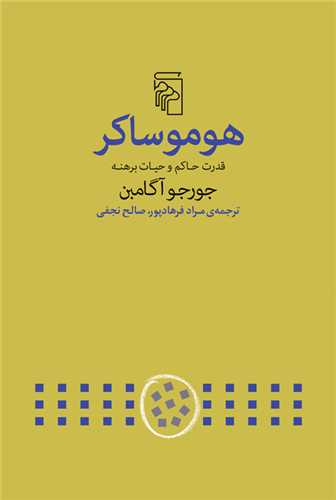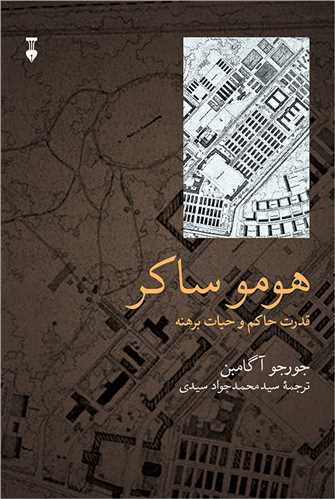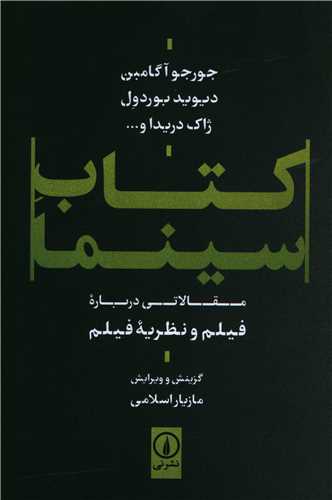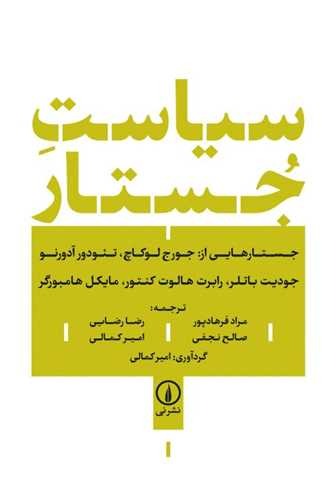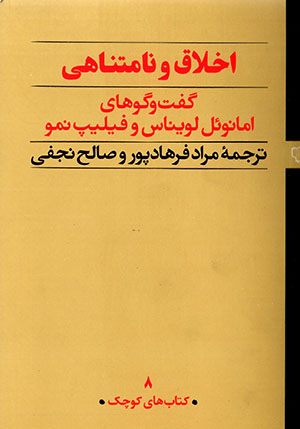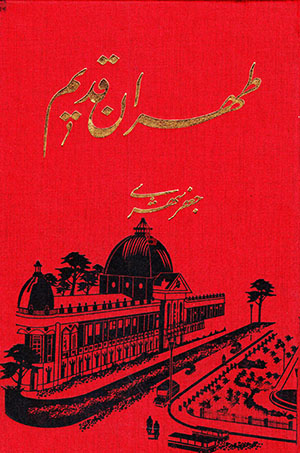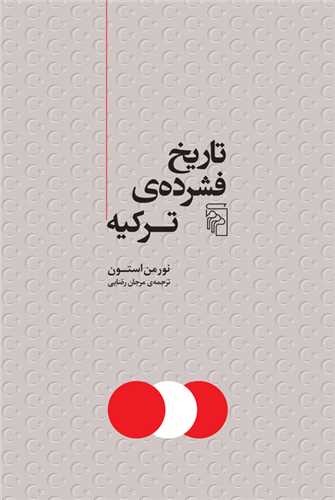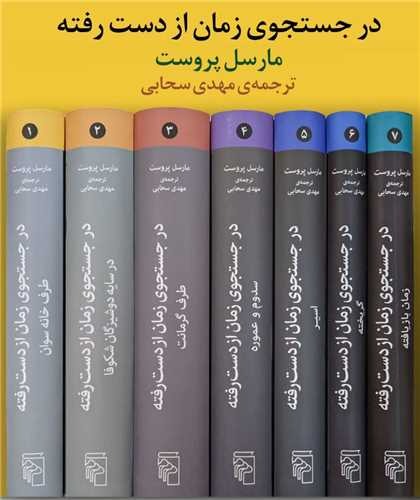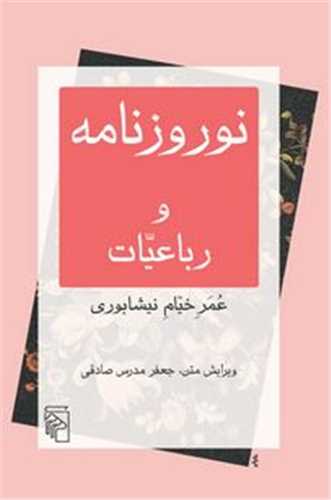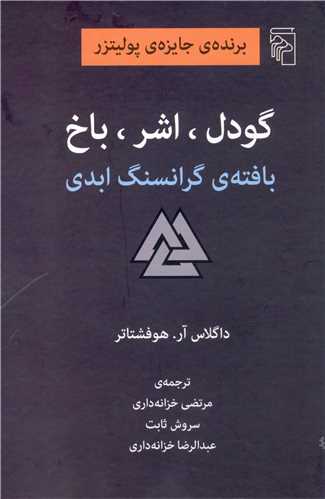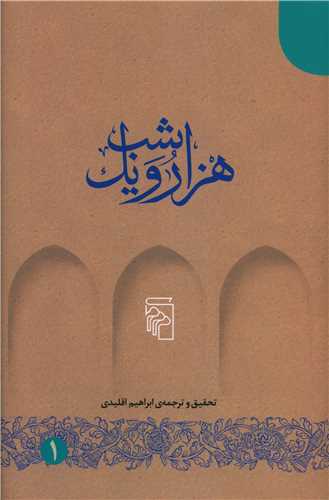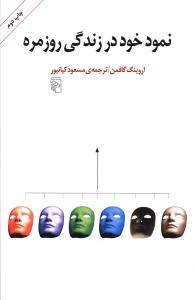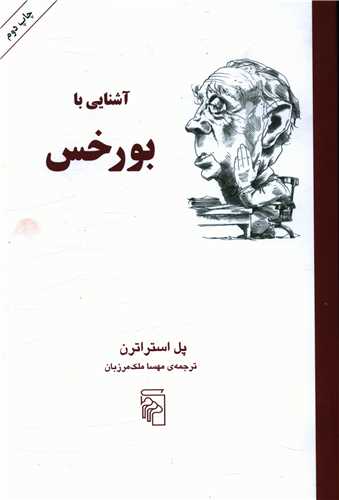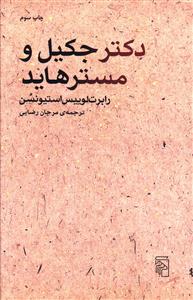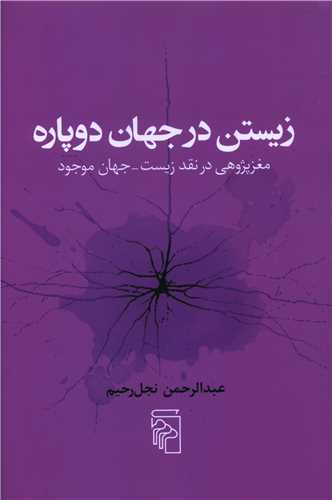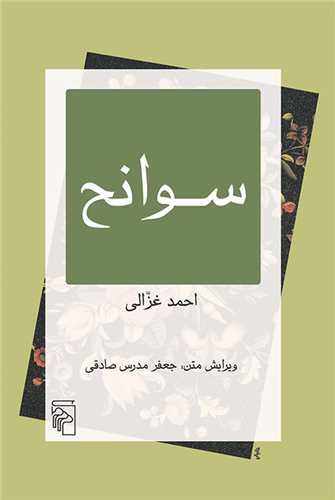Humu'sākir: Persian 1403
هومو ساکر
153 SEK
Share
Wishlist
Original Title:
Potere sovrano e la nuda vita
ISBN:
9789642135394
Translator:
Murād Farhādpūr
Publisher:
Markaz
Age Group:
Adult
Pages:
240
Weight:
250 g
Dimensions:
14 x 21 x 2.1 cm
Book Cover:
Paperback
The work of Giorgio Agamben, one of Italy’s most important and original philosophers, has been based on an uncommon erudition in classical traditions of philosophy and rhetoric, the grammarians of late antiquity, Christian theology, and modern philosophy. Recently, Agamben has begun to direct his thinking to the constitution of the social and some concrete, ethical-political conclusions concerning the state of society today, and the place of the individual within it.
In Homo Sacer, Agamben aims to connect the problem of pure possibility, potentiality, and power with the problem of political and social ethics in a context where the latter has lost its previous religious, metaphysical, and cultural grounding. Taking his cue from Foucault’s fragmentary analysis of biopolitics, Agamben probes with great breadth, intensity, and acuteness the covert or implicit presence of an idea of biopolitics in the history of traditional political theory. He argues that from the earliest treatises of political theory, notably in Aristotle’s notion of man as a political animal, and throughout the history of Western thinking about sovereignty (whether of the king or the state), a notion of sovereignty as power over “life” is implicit.
The reason it remains merely implicit has to do, according to Agamben, with the way the sacred, or the idea of sacrality, becomes indissociable from the idea of sovereignty. Drawing upon Carl Schmitt’s idea of the sovereign’s status as the exception to the rules he safeguards, and on anthropological research that reveals the close interlinking of the sacred and the taboo, Agamben defines the sacred person as one who can be killed and yet not sacrificed—a paradox he sees as operative in the status of the modern individual living in a system that exerts control over the collective “naked life” of all individuals.
more
هوموساکر، که در زبان لاتین به معنای «انسان مقدس» است، در حقوق روم قدیم به کسی اطلاق میشد که اگر کسی او را میکشت قاتل به شمار نمیآمد و با این حال امکان قربانی کردن او نیز وجود نداشت. به این قرار، انسان مقدس در چارچوب قوانین روم شخصی بود که بیرون از دایرهی قانون قرار میگرفت. آگامبن این تمثال را برای فهم رمز سیاست در دنیای مدرن احیا کرده است.
آگامبن در هوموساکر میکوشد مسئلهی امکانِ محض و بالقوگی و قدرت را به مسئلهی اخلاق سیاسی و اجتماعی در بستری پیوند زند که اخلاق مذکور شالودهی دینی و مابعدالطبیعی و فرهنگی سابق خویش را در آن از کف داده است. آگامبن تحلیلِ جستهگریختهی زیستسیاست را در نوشتههای فوکو رهنمای کار خویش میگیرد و با دیدی گسترده و باریکبین و مویشکاف حضور مخفی یا ضمنیِ برداشتی از زیستسیاست را در تاریخ نظریهی سنتیِ سیاست میکاود. او میکوشد نشان دهد از کهنترین رسالههای نظریهی سیاست، بهویژه در تلقی ارسطو از انسان در مقام حیوان سیاسی (یا شهرنشین)، و در سرتاسر تاریخ تفکر غرب دربارهی حاکمیت (خواه حاکمیت پادشاهان خواه حاکمیت دولتها) تا به امروز برداشتی از قدرت مستتر است، قدرتی مستولی بر «زندگی» انسان.
more

